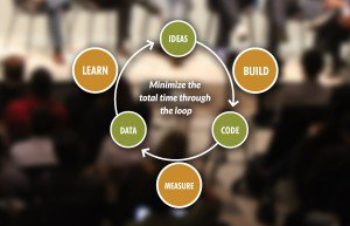Our Hiring Secrets, Revealed
People regularly ask me “What’s your secret to hiring such great people?”
I don’t know whether we have a secret formula or if we’re just lucky. Either way, I’ll outline here our general process and philosophy.
At a high level, when we hire we’re simply selecting for two things: (1) wicked-smart and (2) a good cultural fit. That’s it. We can teach the specific skills required, but we can’t teach smarts and attitude.
We like to plant an easter egg in our job posts — something like “when you respond, please put the words ‘sunshine coffee’ in the subject line of your email.” Probably 60% of respondents don’t follow these simple instructions, so we just immediately delete their email and move on. Attention to detail matters to us.
As we review resumes, degrees from a good university are an easy filter for us: if you got into and completed a rigorous university program then we can assume you are smart and have good self-discipline. So then we can move on to the harder questions.
We look at whether the cover letter shows good writing skills. We’re a consulting firm so grammar, spelling, and critical thinking skills are important to us. That may sound harsh, but it is what it is, as this great HBR post points out.
When we bring someone in for an interview, we have them meet with several current members of our team. We do this for three important reasons:
- We want hiring to be an inclusive process (no one likes to be stuck with a new team member they didn’t help choose).
- It helps to get several different perspectives on a candidate — I may miss a red flag someone else notices.
- We want the candidate to be interviewing us, too. It’s like dating — both parties need to feel as if it’s a good fit.
After the interview, if a candidate doesn’t send a thank you email, their candidacy is over. Boom. Social skills matter in our business.
If a candidate’s thank-you email mentions something that they didn't know during their interview, but went home and looked-up, they get extra points. We’re in a business where it’s impossible to know everything, but there’s no excuse for not Googling it later.
In fact, we don’t like people who claim to know everything. We like people who are self-aware about what they know, what they don’t know, and what they’d like to know more about. Self-aware lifelong learners make good teammates.
Hiring a great team is critical to success. Participating in this process is my most important role in the company.
“Talent wins games, but teamwork and intelligence wins championships.”
–Michael Jordan



